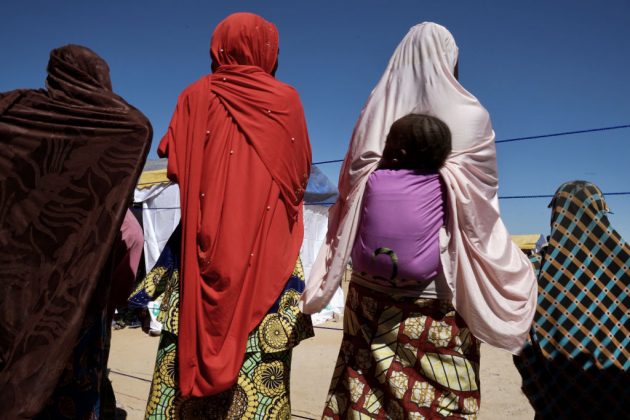
By XINHUA

Educational attainment gaps have limited the success of women-owned businesses in Africa, according to a report newly published by the United Nations Economic Commission for Africa (UNECA).
The “Women’s Entrepreneurship Report” studied data from tens of thousands of African entrepreneurs and firms to establish links between education, access to finance and improved productivity.
“Increasing women’s educational attainment can improve their ability to own a bank account and save for business. Women with secondary education are 51 times more likely to have a bank account and 22 times more likely to save than those with lower attainment,” the report said.
The commission revealed, among other things, that “education is a critical factor for productive female entrepreneurship in Africa.”
“For instance, women with primary education or less are 27 times more likely to have started a business by necessity than those with higher attainment driven by opportunity,” it said.
While Africa leads the world in terms of the number of female entrepreneurs, they largely start a business by necessity, tend to be smaller, and face more barriers in securing support and investment, the report noted.
It pointed out that necessity-driven entrepreneurs lack productive and innovative activities that could transform their businesses. In comparison, opportunity-motivated entrepreneurs are more likely to operate in profitable sectors and are expected to add about 17 more jobs in the next five years.
Findings of the report showed a positive link between access to finance and women’s business practices and performance.
UNECA’s Director for Gender, Poverty and Social Policy Division Thokozile Ruzvidzo said that “women’s entrepreneurship is recognized as the biggest yet underutilized opportunity for sustained economic growth and social development.”
“Successful female entrepreneurship is not only a catalyst for women’s economic empowerment and regional self-sufficiency but is also essential to recover from the economic impacts of COVID-19,” Ruzvidzo said.
The report also recommended African countries to focus on increasing women’s education beyond primary schooling and enforcing laws to remove barriers to education such as early marriage and pregnancy.